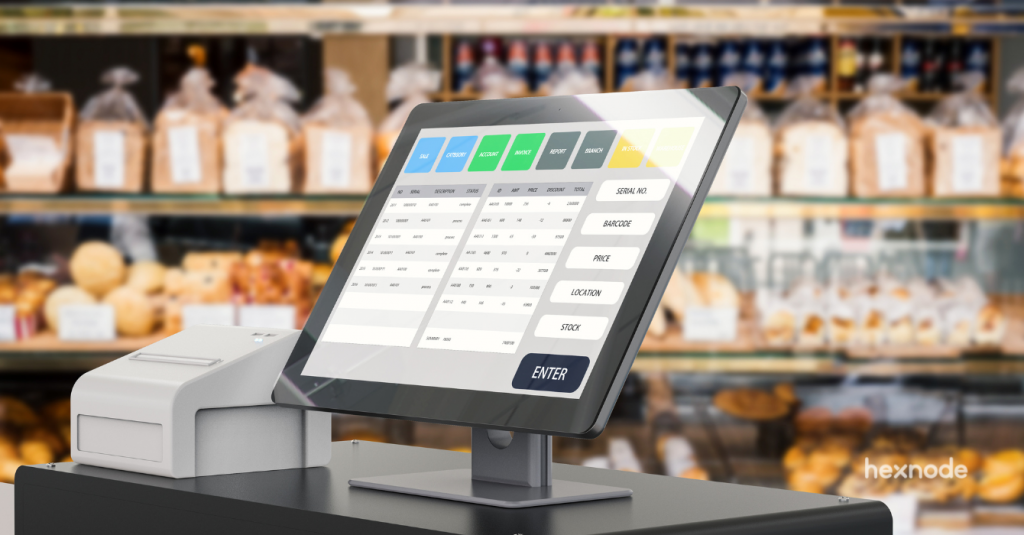In this fast-paced world dominated by smartphones, the popularity of Android needs no special emphasis. But, like any other innovation in its latent stage, the smartphone’s operating system has also been a part of an uncertain trial and error period. Since the introduction of smartphones in the 90s and early 2000s, they have hosted a series of operating systems. But unfortunately, most of these got replaced without making much of a difference.
If you are curious enough to hunt down the ancestry of smartphone operating systems, you may come across Symbian, the first modern OS, and a few other names like Bada and BREW, among others. However, in 2008, with the introduction of Android, smartphones were freed of this OS experimentation. And from then on, Android has remained one of the most popular operating systems. According to reports,
Android dominates the global market share, responsible for 71 percent of all smartphone usage in Q1 2021.
Why Android devices are popular
Android and iOS are the two dominant names in the global smartphone market. According to reports,
Smartphones running the Android operating system hold an 87 percent share of the global market in 2019, and this is expected to increase over the forthcoming years. The mobile operating system developed by Apple (iOS) has a 13 percent share of the market.
This sum of their shares approaching the total share of operating systems is a clear indication of their dominance. From the data, it’s clear how Android dominates the market.
Android services essential for businesses

Android, which first entered the smartphone market as one of the many operating systems that it witnessed, has come a long way since then. As the popularity of smartphones and the Android in it witnessed a sudden boom, their horizons began expanding beyond the ‘entertainment and connectivity sectors’ they were initially designed to serve. Now mobile devices have begun influencing the work environments too. With the aim of making things easier in the enterprise sector, Android also began working on features to make smartphones enterprise-friendly. Some endeavors like Android Enterprise, Android Enterprise Essentials, and Android Enterprise Recommended were born from this need.
Android Enterprise
Android Enterprise is an initiative by Google to make Android devices and apps more suitable for use in the workplace. It lets you manage your devices irrespective of whether they are corporate-owned or personally owned by adopting appropriate management measures. It lets you manage your data by segregating work and personal profiles in the case of employee-owned devices and mixed-use company-owned devices. For devices that need more efficient management techniques like work-only company-owned devices and dedicated devices, they also offer total management.
Managing devices in the enterprise have always been a challenge for IT. Check out how Hexnode with Android Enterprise makes the process a whole lot easier.

Featured resource
Android Enterprise: Accommodating mobility in the Enterprise
With Android Enterprise, it’s easier for enterprises to integrate support for Android devices into their EMM (Enterprise Mobility Management) solution.
Android Enterprise Essentials
Cybersecurity is a critical aspect for all types of organizations. Cybercriminals don’t really consider the organization’s size or any similar aspects before they make up their mind. So, all organizations must have an efficient mechanism to manage their devices and keep their data secure. Android Enterprise Essentials was built for this purpose. It is a solution built for businesses with lighter management needs. It helps eliminate the need for a dedicated team and provides an efficient solution at an affordable cost.
Android Enterprise Recommended
Android Enterprise Recommended includes a shortlist of devices and service providers that meet Google’s strict enterprise requirements. With Google’s approval, you can be sure that your devices can meet its business requirements without compromising on other critical device aspects. Every device that makes it to the list meets strict hardware and software requirements. Also, every partner is trained and supported by Google. They have also defined a set of criteria that the devices, EMMs and MSPs should satisfy to qualify and be a part of the Android Enterprise Recommended. With Android Enterprise Recommended, you have standardized features that ensure seamless management of your device fleet.
Android applications for businesses
The wide popularity of Android devices has made it easier for businesses to reach their customers. Thanks to the wide popularity of the Play Store with around 3.4 million apps and the thousands of applications that are released every single day. More and more businesses, including startups, have begun considering Android app development as a priority. In this era of cut-throat competition, you can’t afford to lose customers, especially when not having an application can put you at the risk of losing at least a few of them.
Google Workspace
Google Workspace is a suite of productivity and collaboration tools capable of making work easier for the people in the organization. With apps for multiple purposes available, at a place, you don’t have to switch between a lot of applications. It provides you with custom email for your business and collaboration tools like Gmail, Calendar, Meet, Chat, Drive and a lot more. With Google Workspace on Android devices, it’s easier for you to access your work or school account from your personal or work device, making things even easier.
Implementing Android services with Hexnode

Hexnode UEM makes it easier to implement Android Enterprise effectively in your organization. In this way, you can easily manage and control all your endpoints remotely. Some of its features include:
Device onboarding with Zero-touch Enrollment: Zero-touch Enrollment (ZTE) for bulk deployment of devices without the need for manual configurations.
Secure app repository for simplified distribution: Custom app store for secure app distribution
Hassle free app management with Android Enterprise & Hexnode
Control over all aspects of application management: Whitelist or blacklist applications to ensure that the device only has the required applications
Enforce strict management and remediation measures with zero exceptions: Factory Reset Protection (FRP) for ensuring that unauthorized factory reset makes the device unusable
Why should you migrate from legacy management to Android Enterprise?
Advanced device restrictions: Easier to enforce restrictions on device functionalities, network connections, app configurations etc.
Conclusion
We are all part of an Android era. It’s pretty sure that the Android devices we see around us are not going anywhere anytime soon. And with Android’s enterprise-specific services, you can be sure that these devices are secure enough to meet their enterprise use cases. From Android Enterprise, Android Enterprise Essentials, to Android Enterprise Recommended, you are free to choose the service that best suits your needs. Further, with Hexnode, you can onboard these devices or configure features on these devices remotely, thus making the whole process even smoother.
Struggling with device management?
Sign up for a 14-day free trial and explore Hexnode UEM's device management capabilities.
SIGN UP NOW!





